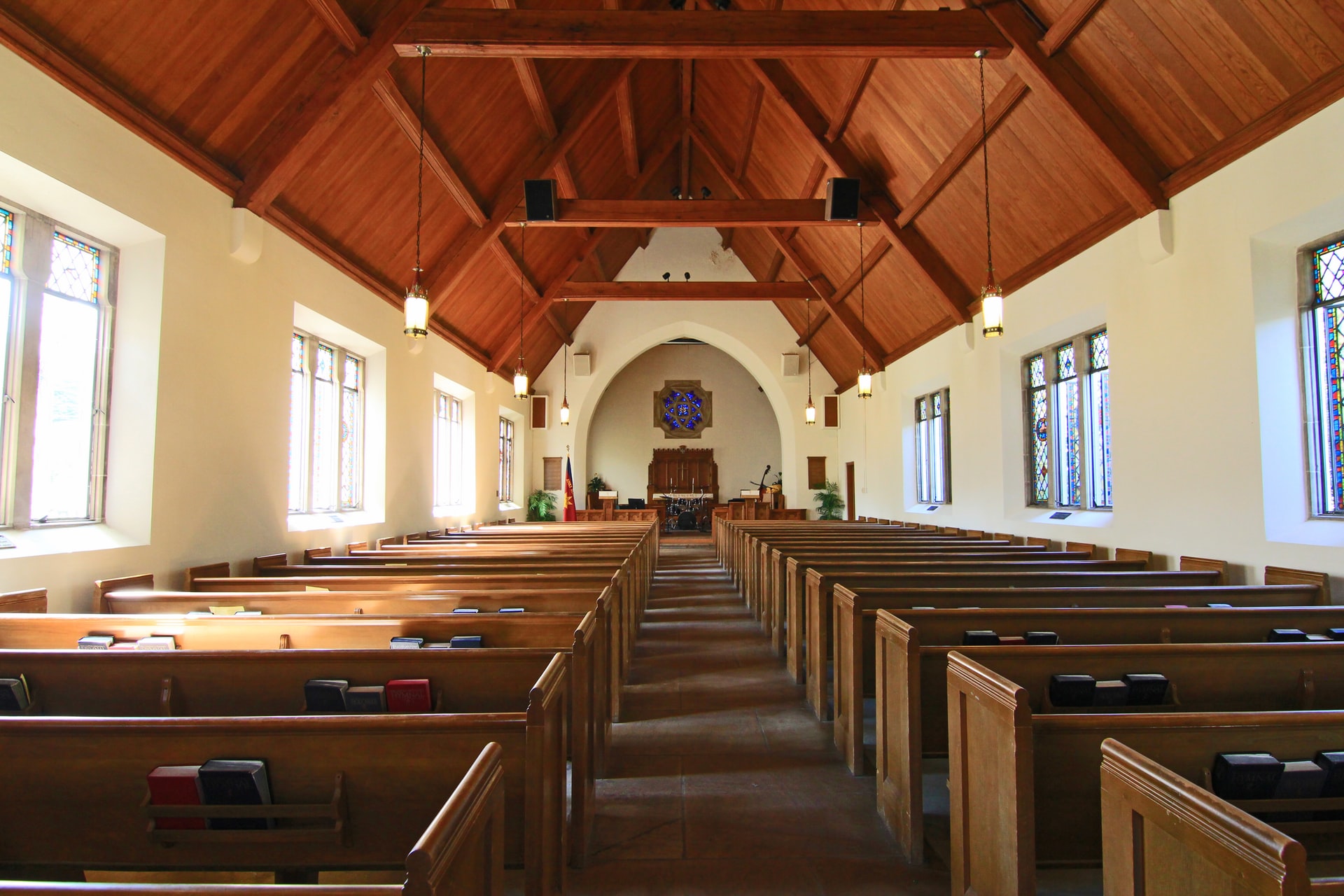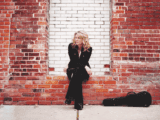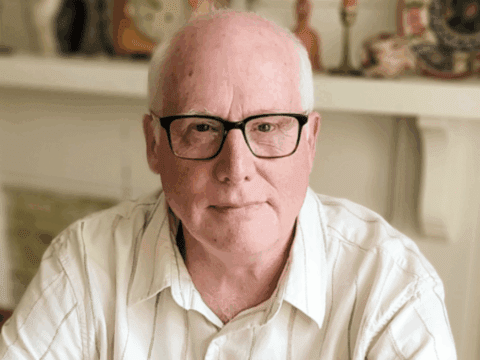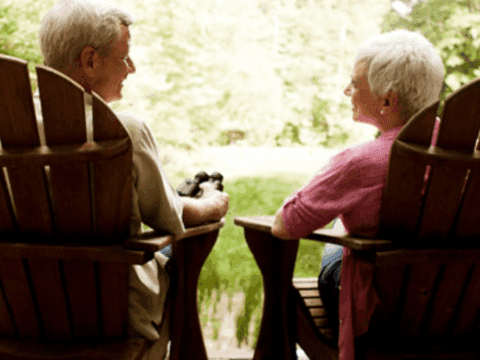(RNS) — Churches around the world have had to cancel Sunday services because of the coronavirus. In the Vatican, services for Holy Week, the most sacred time of the liturgical year, will exclude the faithful.
The cancelling of church and sporting events has convinced most Americans that something significant is happening; after all, there is nothing more sacred to Americans than religion and sports.
You may unsubscribe from any of our newsletters at any time.
The decision to cancel church gatherings was not easy, but it was correct. Religious leaders who don’t follow the advice of public health officials are being reckless and immoral by putting their congregants and others at risk.
We know that COVID-19 is usually passed through human contact (handshakes and touching), through droplets in the air (sneezes and coughs) or contact with infected surfaces (doors, pews, hymnals). This is not the time to get scrupulous about Sunday obligations or to worry about Sunday collections.
What would Jesus do? Jesus would tell you to stay home for your own good and the good of your neighbour.
But is that it? As Christians, we know that spirituality is not just about avoiding evil. It is also about doing good. Every crisis is an opportunity to do good. Here are some suggestions about what individuals, families, neighbours and parishes can do during this quarantine.
More on Broadview: Coronavirus comments expose underbelly of ageism, ableism
We may not have church services and the Eucharist, but we still have the Scriptures. Catholics can find the daily Scripture readings at USCCB.org in both written and audio form. They are also available through podcasts and apps on your smartphone or Amazon Echo.
Quarantine provides us with an opportunity to spend time with the Scriptures both as individuals and as a family. There are at least two ways of praying the Scriptures.
First there is meditation, in which you ask, what is the Scripture passage telling me? What does it tell me about God? What does it tell me about how to live my life? The second is contemplation, in which you use your imagination to put yourself into the story. Become a participant.
Ultimately, either method should lead to prayer, which is talking with God.
As Catholics of my age learned from the Baltimore Catechism, the different ways of praying can be summarized through the acronym “ACTS.” Prayer can be Adoration (God, you are awesome), Contrition (sorry, God), Thanksgiving (thank you, God) and Supplication (please, God). Many people get stuck in prayers of contrition and supplication and forget about thanksgiving and adoration.
Reflection and prayer on the Scriptures can be done not only individually, but also as a family or in a virtual community. Parishes should establish virtual communities through Facebook or other social media where the community can share their reflections on the Scriptures.
But Christians are known not only for their piety but for their charity. How can you perform charity in a time of social distancing?
Parishes should use email contact lists to find those who need help shopping or with other tasks because they are elderly or otherwise at risk of infection. Parishes can become centres for networking.
But Christians do not just take care of their own; they are also called to look out for their neighbours. Every apartment building and neighbourhood is a decentralized warehouse. In kindergarten, we were taught the importance of sharing. Can we do that now? Rather than hoarding as individuals, can we as a community look out for one another?
Can we pitch in to sanitize our work environment and public spaces? For example, if you have a supply of Clorox, use some of it (one-part Clorox to 10-parts water) to disinfect the public surfaces in your workplace or apartment building (doorknobs, elevator buttons, handrails, etc.).
I am doing that in my house where I live with 16 Jesuits — mostly elderly at-risk men. I fear that if anyone in my house gets the virus, we will all get it. That is a risk of community life, as it is a risk of family life.
Even more at risk are those in homeless shelters or on the streets.
I host a “Friday night movie” at our community, and last Friday, it was the 2011 movie Contagion. The virus in the movie was more deadly than COVID-19, but it did have a happy ending.
What bothered me most about the movie was how it predicted many of the things happening today. Nine years later, our country [the U.S.] is still not prepared to deal with COVID-19. Scientists and experts have been predicting a pandemic for years, but the public and government officials prefer to ignore the science just as we are also ignoring the science of climate change.
It is easy for crackpots and charlatans to denigrate experts and scientists, but we listen to such fools to our peril. It is time to put the common good over our personal good; it is time to respect science, not partisan spin masters; it is time to be our better selves.
[Update: Father Reese has learned that a member of his community has tested positive for COVID-19. Tom, who has no symptoms, is in self-imposed quarantine and will provide more information in his next column.]














What would Jesus do? Pray….. Then confront it.
But we aren’t Jesus are we?
As Christ’s followers, perhaps He set a good example. Pray….
Then use common sense to confront the issue – without fear, to the best of our abilities. (Yes, that includes helping others)